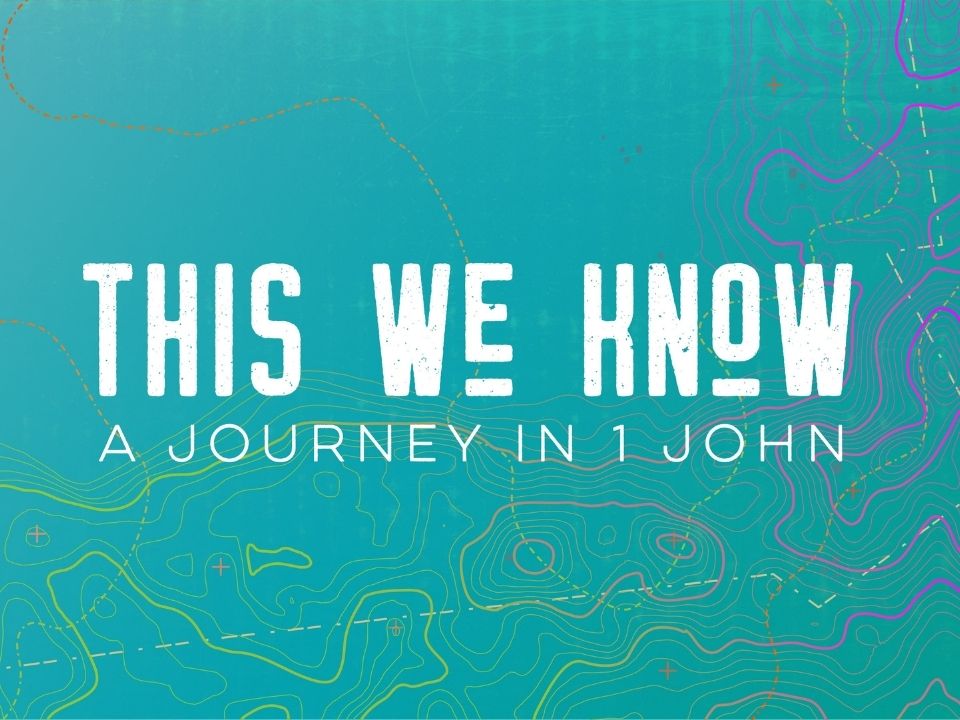Walking in Genuine Fellowship with God
11.01.2020

11.01.2020
John 1:5-2:2 tells us how to rightly view God, what wrecks our fellowship with Him, and how Christ restores it.
For believers, the Christian life is intended to be one of authenticity, intimacy, and vitality through true fellowship with the one true God. Elder Steve Abney continues our series, This We Know: A Journey Through 1 John, by emphasizing the goodness and “God-ness” of God, the deceitfulness, darkness, and destruction of sin, and a charge to “walk in the light as He Himself is in the light” (1 John 1:7a).
Point #1: Genuine fellowship starts with God. (1 John 1:5)
As Steve stresses, John is not questioning his audience’s adoption into the family of God, but their fellowship with God. John’s emphatic assertion of “God is light” was intended to remind them of God’s purity, perfection, and truthfulness. Ultimately, we cannot fully understand ourselves without first and foremost understanding God as He has revealed Himself through His Word and His Son Jesus Christ.
Point #2: Genuine fellowship is destroyed by sin. (1 John 1:6-10)
Although John’s audience may be saved by Christ, they are not experiencing the fullness of life and freedom found in walking with Christ. Likewise, when our conduct is inconsistent with the character of Christ and the Word of God, we are not walking with Christ. As Steve aptly reminds us, “No amount of Christian activity can overcome active, unrepentant sin.” Wherever and whenever we walk in the darkness, the right response is to confess our sin, remember the cross, repent, and follow Christ.
Point #3: Genuine fellowship is restored in Christ. (1 John 2:1-2)
in 1 John 2:1, John follows a tough treatment of sin with the tender address, “My little children”. Ultimately, his message is not one of condemnation, but commending to them Christ’s compassion and the sufficiency of the cross to cover and cleanse them of all their sins.
Application